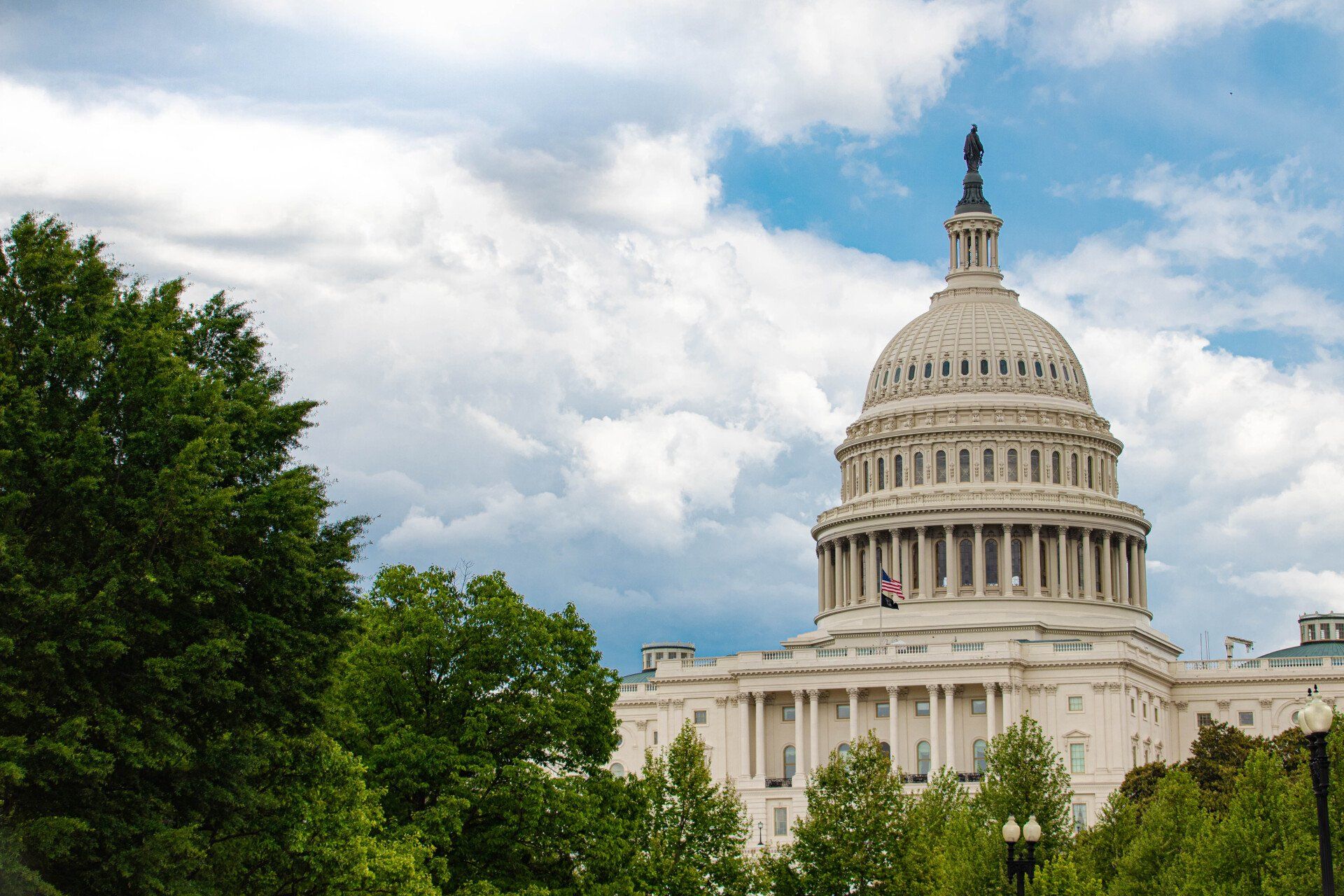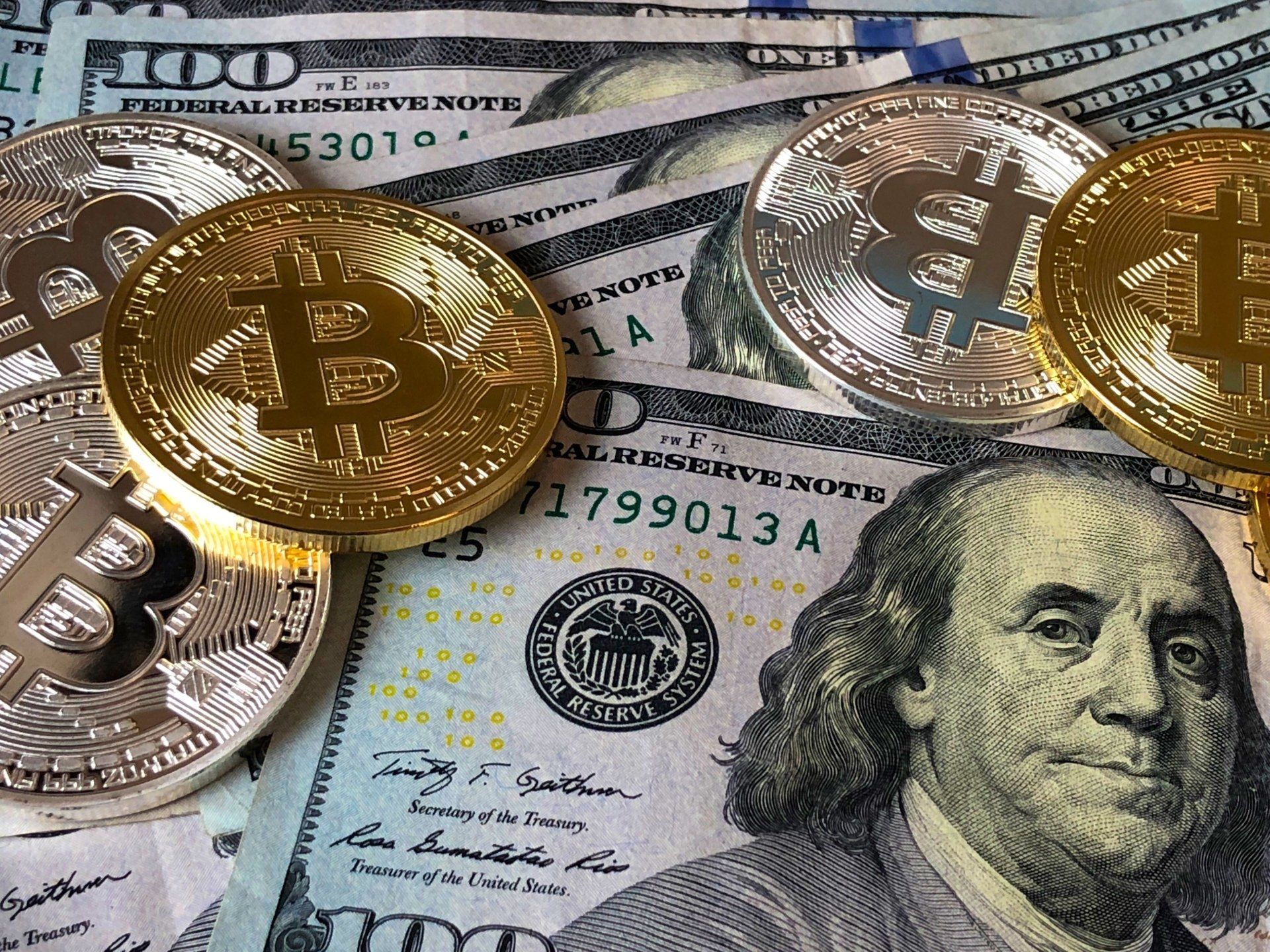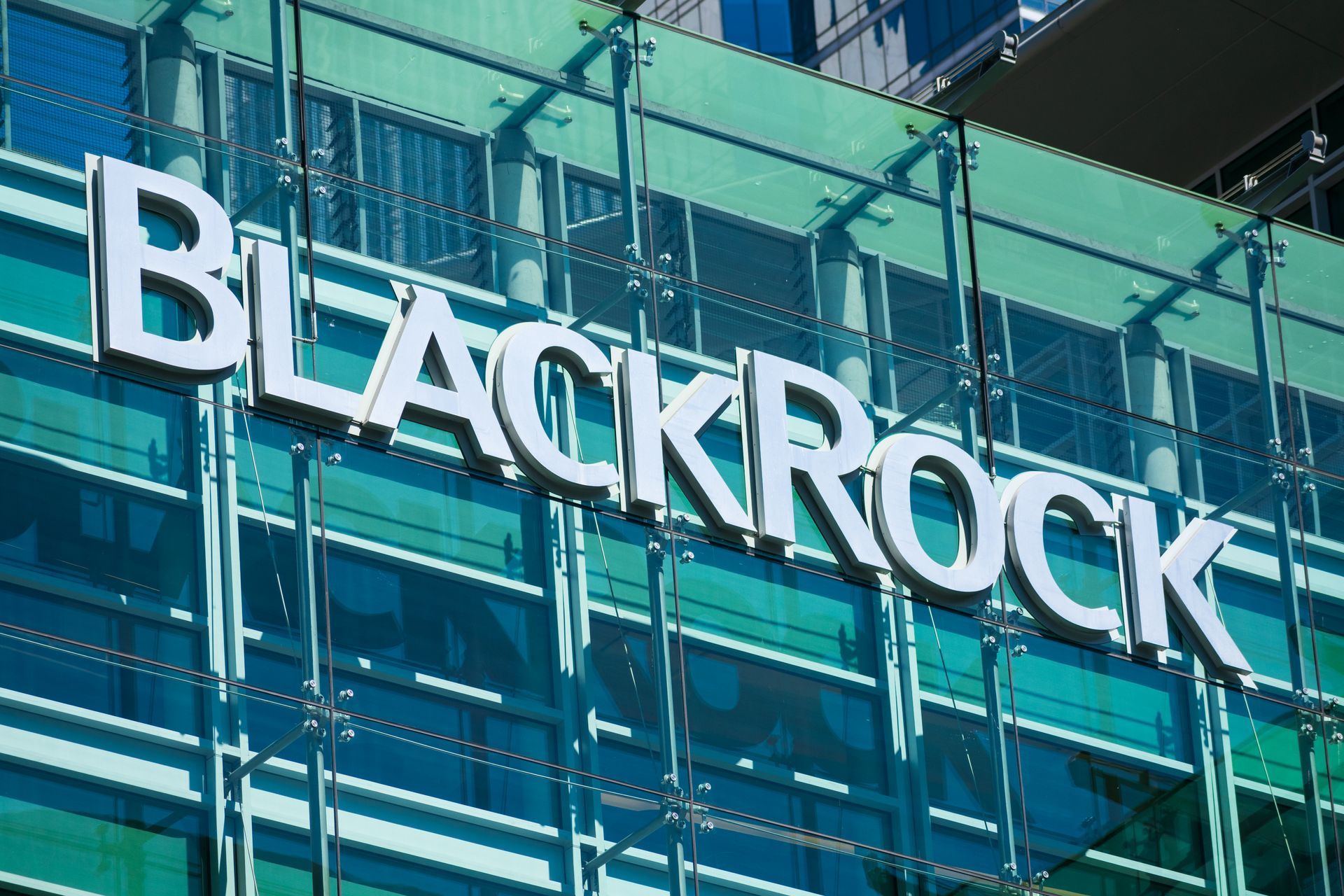By Cameron Rafati
•
May 16, 2023
After the collapse of several multi-billion dollar projects in 2022, the cryptocurrency industry has faced heightened regulatory scrutiny. Authorities have turned their attention to this burgeoning sector, seeking to address concerns and protect investors. The high-profile failures have raised questions about the stability and oversight of the cryptocurrency market, prompting regulatory bodies to implement stricter measures to prevent similar incidents in the future. The implosion of several multi-billion dollar projects in 2022 has sparked intense regulatory scrutiny in the cryptocurrency industry. Unsurprisingly, cryptocurrency exchanges have emerged as the primary target for regulators due to their role as custodians and their direct relationships with retail investors. Regulators in the United States, such as the Securities and Exchange Commission (SEC), have taken action against prominent exchanges. Coinbase received a Wells Notice, Kraken was fined $30 million for staking-related offerings, and Bittrex faced charges of operating an unregistered securities exchange. Similar developments have been observed in the European Union, Dubai, Hong Kong, and other regions, indicating that the days of lax crypto regulation are firmly in the past. Compliance has become crucial for all cryptocurrency-related businesses, with exchanges facing particular scrutiny. Regulators worldwide have recognized the need to mitigate risks associated with cryptocurrencies, including cross-border transactions and anonymity. While solutions like the virtual asset service providers (VASP) rules proposed by the Financial Action Task Force (FATF) focus on preventing financial crimes, recent high-profile failures have highlighted the need for consumer and investor protection measures. Regulators have responded swiftly to prevent the impact of similar downturns in the crypto market on retail and institutional investors. U.S. SEC Chairman Gary Gensler proposed custodial platforms to segregate funds, provide disclosures and audits, and ensure customer funds' accessibility in case of bankruptcy. The European Union approved the Markets in Crypto-Assets (MiCA) regulation, Dubai established new rules for crypto-related businesses, and Hong Kong introduced a licensing regime with capital requirements for exchanges. Cryptocurrency exchanges hold significant responsibility in implementing safeguards and maintaining compliance standards to protect users. The window for regulatory arbitrage is closing, and exchanges must proactively demonstrate their commitment to compliance. Bullish sets an example by embracing the latest compliance standards and utilizing cutting-edge blockchain analytics tools to create a safer environment for investors. The regulatory landscape is evolving, and exchanges must expand their compliance programs beyond anti-money laundering and sanctions compliance. They must address risks related to market manipulation, insider trading, and regulatory compliance. Compliance teams may require retraining or hiring additional staff to effectively manage these new risks. The winners in this evolving landscape will be crypto firms with robust controls and governance, as investors increasingly seek quality and trust. Trust can be restored through truthful communication and demonstrating compliance efforts. Cryptocurrency exchanges must not hide behind complexity but ensure that clients, regulators, and counterparties understand their safety measures. Technology, specifically blockchain, can support and enhance regulatory compliance. However, crypto firms cannot claim immunity from regulations based solely on their technological setup. Regulations are being applied universally to all firms involved in financial services. Crypto exchanges and regulators should engage in an open dialogue to achieve positive outcomes. Exchanges should work with regulators and contribute to decision-making processes. Looking ahead, both the cryptocurrency industry and regulators are still navigating uncharted territory. Compared to the centuries-old traditional finance sector, both parties are relatively new to the world of digital assets. However, this presents an opportunity for collaboration and open dialogue to shape the industry's future. Priscilla Adams, in her role as Group Director of Compliance at Bullish, is dedicated to furthering this cause. She believes that relying solely on technology as a defense mechanism is counterproductive and can erode trust. Instead, cryptocurrency exchanges should demonstrate a willingness to work with regulators, guiding the conversation toward positive outcomes. Adams advocates for exchanges having a seat at the table and engaging in a two-way dialogue with regulators. By including a wide range of stakeholders in the decision-making process, the industry can work towards rebuilding trust and reputation. It will be a long road, but Adams finds it a worthwhile calling to help restore integrity and contribute to the bright future of the digital asset space. As the industry evolves, compliance remains a cornerstone for cryptocurrency exchanges. While technology plays a crucial role in supporting compliance efforts, it is not a "get out of jail free card." Exchanges must recognize that regulations apply to them and adapt their business models and risk management procedures accordingly. Proper segregation of rules and assets, along with a culture of compliance, is essential. The future of the cryptocurrency industry lies in the collaboration between regulators, industry players, and crypto firms. Trust can be rebuilt through truthful communication, adherence to regulations, and a demonstrated commitment to compliance. Exchanges must go beyond complexity and make their platforms safe and credible for all users, including those without extensive knowledge of finance or cryptocurrency. As regulations continue to evolve globally, exchanges must adapt and invest in their compliance teams. This includes building expertise in various areas such as market manipulation, insider trading, and regulatory compliance. The winners in this evolving landscape will be the crypto firms that prioritize robust controls, governance, and a proactive approach to compliance. In conclusion, the cryptocurrency industry is experiencing heightened regulatory scrutiny following the failures of major projects in 2022. Cryptocurrency exchanges, as custodians and direct links to retail investors, are the primary focus of regulators. Compliance is key in this new era of increased regulatory scrutiny, and exchanges must take the lead in implementing safeguards and maintaining strict compliance standards. The regulatory ball is rolling, and regulators are working towards mitigating risks associated with cryptocurrencies and ensuring consumer and investor protection. Exchanges are embracing compliance as part of their mission to drive mainstream adoption of digital assets. Engaging in open dialogue with regulators and demonstrating a commitment to compliance and transparency will be crucial for rebuilding trust and shaping the future of the digital asset industry.





















